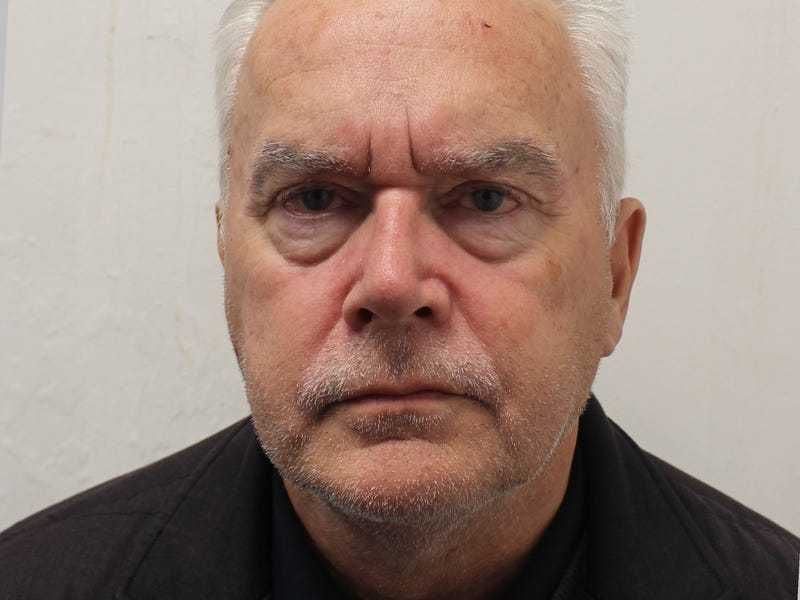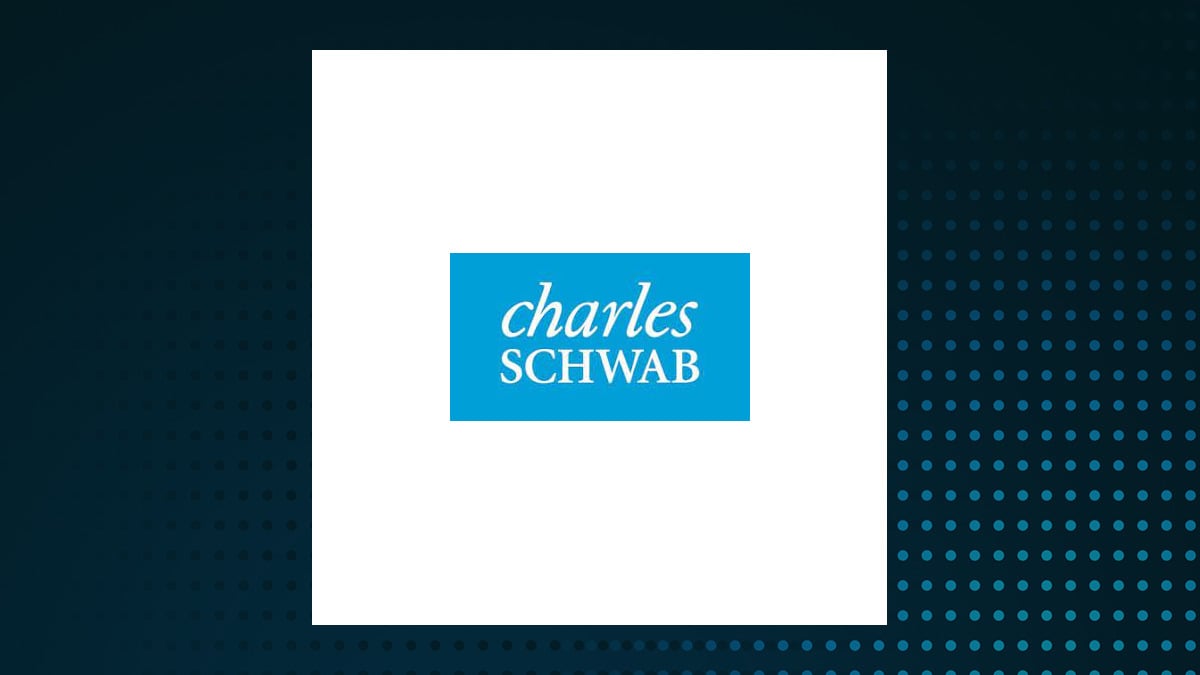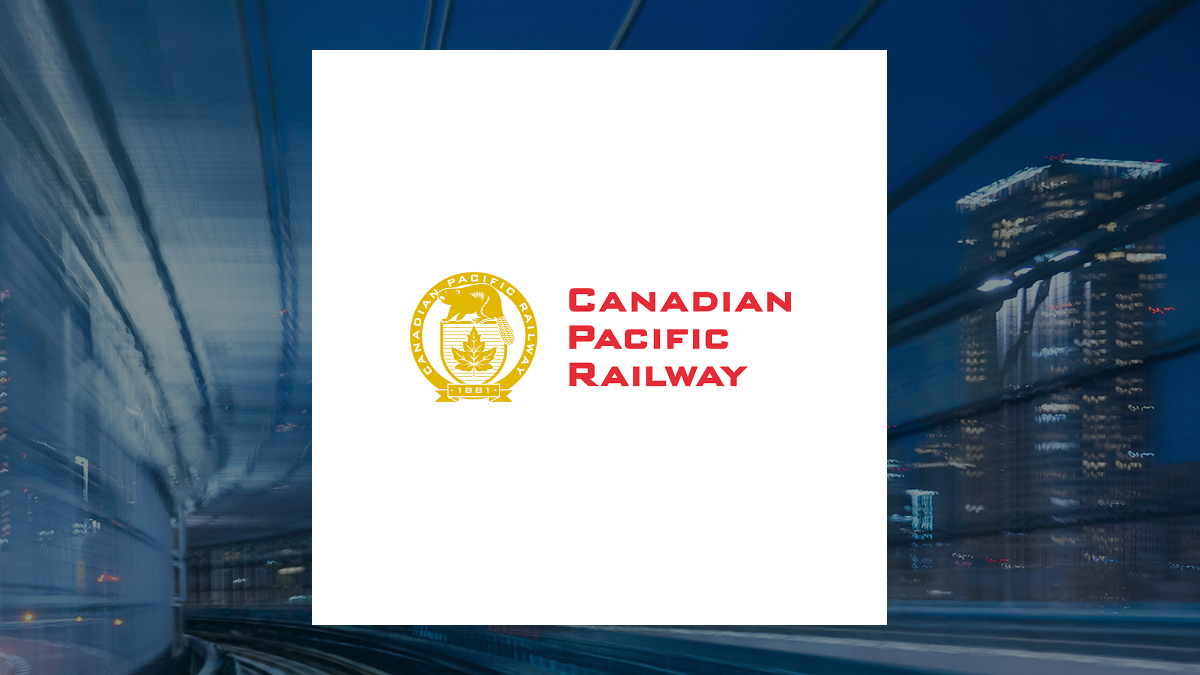
NLC reject fuel price increase as Nigerians protest over lingering scarcity As the Nigerian Labour Congress(NLC) has rejected the recent increase in the pump price of PMS, also known as petrol, describing it the action as a betrayal of its understanding with the Federal Government before it accepted the N70,000 national minimum wage, scores of demonstrators hit the streets of Abuja on Monday to demand the immediate dismissal of the Group Managing Director of the Nigerian National Petroleum Corporation Limited (NNPC Ltd), Mele Kyari, over the lingering fuel scarcity bedevilling the country. The protest comes on the heels of the NNPC Limited’s confession that its substantial debt to suppliers was endangering the sustainable fuel supply. Olufemi Soneye, spokesman for NNPC Ltd, blamed the lingering scarcity on financial issues, in a recent statement.
Among other things, the corporation highlighted that the financial strain is placing significant pressure on its operations and threatening the stability of fuel supplies. “This financial strain has placed considerable pressure on the company and poses a threat to the sustainability of fuel supply,” Soneye said in the statement. It comes after NNPCL declared a record profit of N3.

3 trillion (about $2 billion) last month and an initial public denial of its huge debt burden. The country is already struggling under high living costs after government reforms to end a fuel subsidy and free the Naira drove a spike in inflation. Human Rights lawyer, Femi Falana, also raised concerns that the rising cost of living, arbitrary hike in the pump price of petrol and its attendant scarcity had contributed to the number of fewer vehicles plying Nigerian roads.
Falana, who disclosed this when he was featured as a guest on Channels Television’s Politics Today, also charged that it was high time the ‘monumental fraud’ bedevilling fuel importation in Nigeria was exposed. Chanting solidarity songs and displaying several banners that read; ‘We are tired of fuel scarcity and stories on why refineries are not working, ‘No direction under Kyari’ and ‘We want accountability in the affairs of NNPC Ltd’, the demonstrators lamented that Kyari’s tenure was marked by a dismal scorecard that raises more questions than answers. Addressing newsmen at the Unity Fountain after the rally in Abuja, Convener of the Coalition of Concerned Civil Society Organizations, Aminu Abbas, wondered why a nation blessed with oil like Nigeria should continue to suffer acute petrol scarcity.
He said: “To President Ahmed Bola Tinubu and all those in positions of power, we say the time to act is now. Show us that you stand with the people, not those, who profit from our misery. Mr Kyari must be shown the way out, and the NNPCL must be reformed to serve the interests of all Nigerians.
We will not be silenced.” Sunday Telegraph reports that weeks of fuel scarcity in Nigeria is compounding the cost-of-living crisis, with the Nigerian National Petroleum Company Limited (NNPC Ltd) after acknowledging “financial strain” was hampering supplies. Nigeria, a major African oil producer, often sees sporadic fuel shortages that cause long lines at NNPC Ltd-run petrol stations that sell fuel at cheaper prices than private operators.
The fuel scarcity has been more frequent since President Bola Tinubu removed the costly fuel subsidies that saw the government pay billions of Dollars a year to keep the price of petrol artificially low. Its price has since more than quadrupled with the upward adjustment of prices this week from N615 to N885 per litre with a knock-on effect on food and transport cost. NNPC wasted N11.
35trn on maintenance of refineries 13 years Earlier in May 2023, the House of Representatives Ad Hoc Committee on the State of Refineries in the country had revealed that the Federal Government spent a total sum of N11.35 trillion on the rehabilitation of the three refineries from 2010 to 2023. The committee stated that the total cost of refineries’ rehabilitation within the period was N11.
349 trillion, with additional costs in other currencies including $592.976 million, €4.877 million and £3.
456 million on Port Harcourt Refining Company Limited. The committee’s report noted that the NNPC, in 2016, obtained a presidential approval for the $2.1 billion maintenance of refineries to be funded over a three-year period.
The report added that the National Assembly approved N100 billion in 2020, N100 billion in 2021 and N109.326 billion in 2022 fiscal framework for the refineries’ maintenance. Losses and more losses The four refineries have wasted taxpayers’ money without commensurate productivity.
Between 2017 and 2021, the Port Harcourt Refining Company Limited lost N343.66 billion, while maintaining staff strength of 506. The refinery engaged 487 new workers in 2020, paying them N3.
93 billion annually. By implication, each of the workers takes home an average of N8.072 million annually or N672, 713 monthly.
On the other hand, Warri Refining and Petrochemical Company Limited incurred losses totalling N267.09 billion over the period, maintaining staff strength of 331. Similarly, the 110,000-capacity Kaduna Refining and Petrochemical Company Limited incurred losses amounting to N320.
19 billion, posting a staff strength of 525 within the same period. Between 2017 and 2019, the Kaduna Refinery generated revenue of N4.429 billion but incurred expenses of N144.
140 billion, an analysis of the company’s financial statements showed. Sell the refineries, experts advise Experts are not taking any of the excuses of the government to continue holding onto the refineries. A financial expert, Mr Kalu Aja, told Sunday Telegraph that NNPCL might need to consider selling the refineries.
“Those refineries seem to be a bit old and have not been well managed over the years. I think it is a good opportunity to call folks and ask: What can we do? Can we sell them? I think those refineries have been so mismanaged that even if they run for one or two years, they will run into problems down the road that will cost more to maintain them than just build brand new modular refineries across the nation. That is going to be a decision point for the experts,” he said.
An oil and gas expert at Lagos-based Chapel Hill Denham, Mr. Mustapha Wahab, said the Federal Government must exit the refineries and hand over their management to the private sector. “It does not make sense for the government to continue to hold onto refineries that are only making losses.
They must quickly sell them,” he noted. Meanwhile, there are indications that NNPC Ltd is already considering bringing private operators to run the Port Harcourt Refinery. While reacting to the plan to hand the refinery over to private managers, former Vice President, Alhaji Atiku Abubakar, tackled former President Muhammadu Buhari and the incumbent President Bola Tinubu for failing to heed his advice that the refinery and others owned by the government should be sold to private individuals.
Earlier, NNPC Ltd disclosed that it signed an agreement with the African Refinery Port Harcourt Limited for the subscription of 15 per cent equity by ARPHL in the Port Harcourt Refining Company. Parties in the deal said the agreement would lead to an increase in the refining capacity of the Port Harcourt refinery from 210,000 barrels per day to 310,000bpd. High petrol importation affects Nigeria’s struggling economy The lack of functional refineries has meant continuous importation of refined petroleum for Nigeria.
For instance, Nigeria spent $37.9 billion to import refined petrol between 2015 and 2019. It was disclosed that refined petroleum takes the largest chunk of Nigeria’s import bill.
Between 2015 and 2019, Nigeria’s total import value stood at $220.2 billion. In the same period, refined petroleum imports contributed $37.
85 billion. This is almost 17 per cent (16.91 per cent) of the total import value.
A Sunday Telegraph analysis of the data on product importation by Nigeria revealed that almost 17 out of every 100 Dollars spent by Nigeria companies on product imports is spent on refined petroleum products. The heavy burden of petrol imports Trade data from the National Bureau of Statistics reveals that without importing refined petroleum, Nigeria’s product imports will reduce significantly. In 2019 for instance, the country’s negative balance of trade reduced by 44.
4 per cent when refined petroleum imports were not considered. The sizable reduction could help the country in its quest to achieving a positive balance of trade. Experts say the coming of the Dangote Refinery would mean Nigeria would not have to import petroleum products to meet its local daily consumption put at 44.
4 million litres per day by the Nigerian Midstream Petroleum Regulatory Authority (NMDPRA). The Dangote Refinery has disclosed that its PMS production would increase to 30 million litres next month and would subsequently increase. Kalu Aja said that the coming of Dangote Refinery would stablise Nigeria’s energy industry, give the country the much desired energy security and curb the huge waste of national resources on importation of refined petroleum products.
“What that means is that in no time, the country would incur zero Dollars on petrol importation but we will be asking for too much if we are expecting a drastic reduction in price,” he said . According to Kalu Aja, the high landing costs of petrol and unfavourable foreign exchange also impacts on the countries’ subsidy regime. Increase in the subsidy bill has not only been due to rise in crude oil prices but largely due to import of refined petroleum.
Impact on FX, Naira stability The burden of refined crude oil importation has implications for the rising and falling of the Naira with respect to its exchange to the Dollar, Aja said. “The weakened Naira means increasing landing costs of petroleum products in the country.” Petroleum imports have been blamed for putting pressure on the Naira due to the high demand for foreign exchange.
Former Central Bank of Nigerian Governor, Godwin Emefiele, was quoted as lamenting the spending of 40 per cent of the country’s foreign exchange on petrol import in 2022. Dangote Refinery to raise daily petrol supply to 30m liters by October, says NMDPRA Petrol supply from the 650,000 barrels per day Dangote Refinery has been projected to increase from the initial 25 million litres this month to 30 million litres in October. The Nigerian Midstream and Downstream Petroleum Regulatory Authority (NMDPRA) stated this Tuesday in a short statement posted on X, adding that it met with the Nigerian National Petroleum Company Limited (NNPC Ltd) to agree on local crude supply to the Lagos-based refinery.
“At the NMDPRA headquarters in Abuja, NNPC Ltd reached an agreement to commence crude oil sale and supply to Dangote Refinery in local currency. “The refinery is now poised to supply an initial 25 million litres of PMS into the domestic market this September. And will subsequently increase this amount to 30 million litres daily from October 2024,” the NMDPRA said.
Meanwhile, President of the Dangote Group, Alhaji Aliko Dangote, on Tuesday announced that the 650,000-capacity oil refinery in Lagos had commenced petrol production with samples of the product displayed to the public. Speaking at the refinery complex, at Ibeju-Lekki, Dangote said the supply of petrol into Nigeria would change the country’s energy landscape. While appreciating President Bola Tinubu for approving the sale of crude in Naira to local refineries, he said many people did not believe that the $20 billion refinery could start petrol production.
He said the capacity would meet local demands and the demands of sub-Saharan Africa. “Our refinery will eliminate all fuel queues in Nigeria. Our refinery will show the true consumption of Nigeria using our tracker.
Your car engines will last longer”, he said. Dangote assured Nigerians of quality petrol from the refinery, saying, “Our quality matches that of America and any other country in the world. “We are ready to start rolling out petrol within the next 48 hours.
” Dangote said the introduction of Naira for crude will reduce the demand for foreign exchange by 40 per cent..














